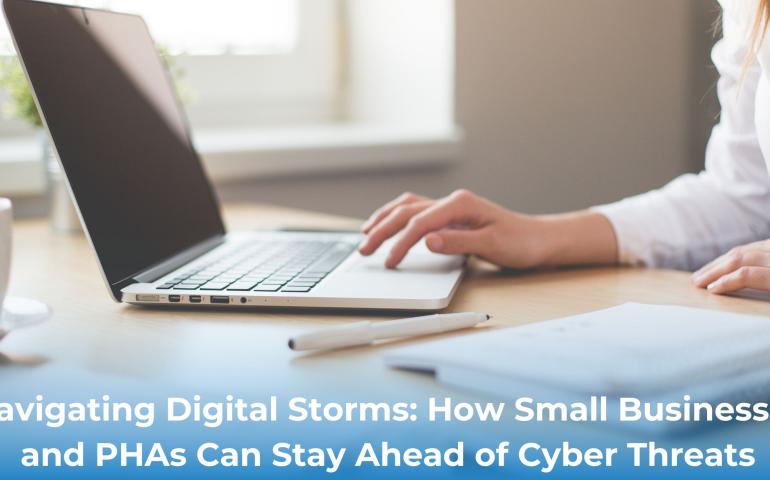The Unintended Consequences of Raising the Minimum Wage to $15
The Promise and Ramifications of a $15 Minimum Wage
A $15 minimum wage is not a simple topic, however many individuals would be in agreement about the benefits of such a change. For our nation’s most vulnerable citizens, an increased wage should do all of the following: reduce pressure on social and municipal services that have heretofore been a buoy for the underprivileged, bring dignity to those that have been denied this essential element of self-confidence, reduce inequality for those who have felt “less than”, and provide a lifeline that is longer than the one previously offered between paycheck cycles. A raised minimum wage aims to deliver on an implicit promise of America’s capitalist ethos which says that those who put forward the effort and hard work should gain a more prosperous future. Yet, although raising the minimum wage to $15 is intended to benefit workers and help them stay afloat in a competitive market, it is important to consider the adverse effects and unattended consequences that are often overlooked.

Greater Job Competition
To start, we must consider the macro-economic impacts that the increase has on businesses, employers, organizations and workers as a whole. Raising the minimum wage forces businesses to meet the increase in cost of employing workers. Therefore, the cost of entry into jobs also increases as they are on a search for individuals that show great potential and a certain set of skills for the wage they are providing. This is an issue as many individuals may not be equipped with such aspects and may be locked out by some jobs. For many individuals, they may not have been provided with the opportunity to develop such skills and work experience. With the minimum wage increasing, employers are likely to hire less workers than they usually would at a lower wage and there is even the temptation to make investments into machinery over finding skilled employees as technology is constantly changing and advancing. As an example, consider the times you’ve walked into a grocery store, and instead of what used to be two lanes of checkout, you now see a couple of machines that are processing 6-8 shoppers simultaneously. The shoppers are happy to go to a machine and bag their own items the way they like it without having to wait in line and wait for an employee to bag their items while the employer benefits off of this technology. Naturally, as the minimum wage increases, employers would be looking to cut down on their expenses which means employee hours could be reduced, the number of part-time employees could be increased, or employers may choose to let people go. Organizations such as the K-12 school system have viable options to provide individuals with work life experience, however it is rare to see schools utilize such training along with the usual curriculum due to budgeting and time concerns. Younger workers make up half of the population that receives minimum wage which makes them the most vulnerable to a potentially severe reduction in entry-level jobs available.
Impact on Individuals and the Need for Job Skills
David Cooper, deputy director of the Economic Analysis and Research Network (EARN), indicates that nearly 40 million workers would be impacted by the proposed increase in the minimum wage, including 53.3% of youth ages 16-24. Although the K-12 school system has a certain set of curriculum that they teach students depending on their age and grade level, the high majority of students are not taught the skills that will lead them specifically into the job of their choosing. It is also unfortunately common that students are unaware of certain opportunities and support that may be available to them and end up still being unsure about their career goals in college. Many individuals may believe that college is a viable and safe option that offers networking possibilities and ensures them a higher paying job with greater benefits and financial security. Yet, in some cases, even those who attended college have trouble finding a job after as their skills may not be aligned to the jobs they are looking at and many jobs have a requirement for years of real work experience. These new graduates may find themselves drowning in a competitive job market and are forced to work minimum wage jobs that hardly help them pay off student loans and debt. This is why it is so important for younger individuals to be able to consider the options, opportunities, and different possibilities available to them when looking at possible careers and what they entail. If minimum wage is increased to $15 an hour, there also needs to be a path for individuals to gain the skills and capability to keep up with greater expectations and a more competitive workforce. Luckily, there are systems at our advantage to do so such as utilizing the K-12 school system and their many assets along with looking at the many programs offered by Kinetic Potential to aid in skill development.
Andy, we totally agree which…
Andy, we totally agree which is why we developed KP's Professional Maturity Model which is analogous to the Common Core State Standards approach to how we learn our ABC's & 123's. Incrementally, year over year by building upon a foundation with core transferrable skills and then targeting a specific career occupation. Thanks for the comment...!







Interesting.
I never really considered that there could be consequences to an increase in minimum wage. Looking for jobs in general can be a hassle because employers are searching for people with certain skills and I don't feel like schools really prepare anyone for that. Even when you have a degree it still seems hard to get anyone to notice you. I think schools should teach job skills rather than just the basic subjects